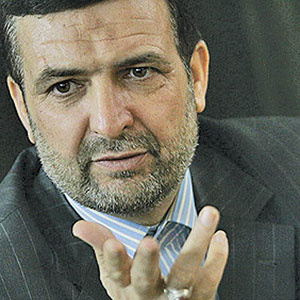Iran’s Role in Iraq: Constructive

Despite what the WikiLeaks’ documents claim to show, Iraqi political leaders have always emphasized Iran’s constructive political role and its support for the Iraqi nation during recent years. Iran has actually adopted a clear stance toward Iraq’s developments since the overthrow of Saddam Hussein and the invasion of Iraq by American troops. Iran was the first country that sent a political delegation to Baghdad to acknowledge the new regime, at a time when Arab states of the region had taken an adverse posture against the newborn Iraqi government. At all junctures—the tenure of the transition government, parliamentary elections, or drafting the constitution—Tehran has shown its support for its Arab neighbor.
Iran has also played a constructive role in terms of Iraq’s security. Despite severed ties with the US, the Islamic Republic swallowed a bitter pill and sat at a negotiating table with the Americans in order to reinforce security in troubled post-invasion Iraq. What the Iraqi leaders have always stressed is Iran’s constructive role. Tehran has been Baghdad’s main partner in establishing security in Iraq, while it also shares the longest border with this country. It should be noted that Iraq’s prisons are filled with foreign citizens charged with terrorism, but none of them are Iranian.
This is how Iraq’s leaders and citizens judge Iran’s role, although other countries may speak of Iran’s “intervention”. The United States has failed to provide proof for its allegations against Iran. The US is the country that invaded Iraq, despite the United Nations decision against military action. It has also breached the law and conventions and violated Iraq’s sovereignty frequently—even after establishment of a new Iraqi regime—as cases such as the arrest of Iranian diplomats in the Iraqi city of Erbil prove. What the WikiLeaks cables supposedly reveal are actually in opposition to Prime Minister Nuri Maliki’s and President Jalal Talabani’s real opinions.

